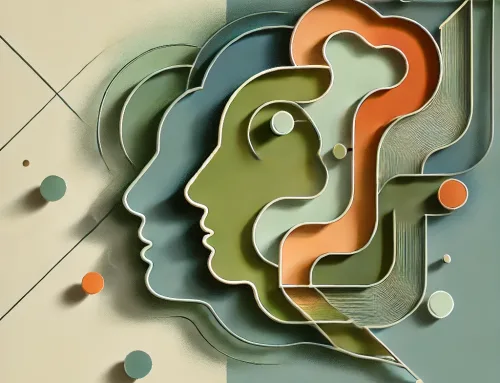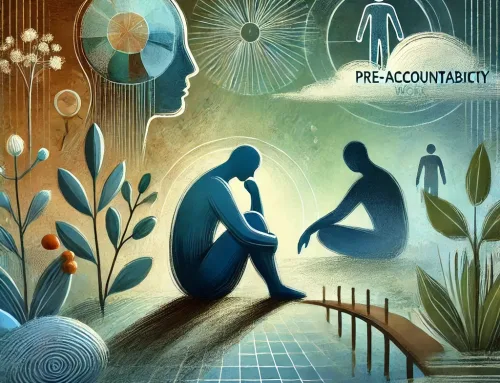Anger is often perceived negatively, especially in the context of mediation. However, when understood and channeled correctly, anger can be a powerful force for positive change. In situations involving victims of abuse and boundary violations, anger can be a catalyst for reclaiming one’s voice and establishing firm boundaries. In this post, I will explore how the mediation process can assist individuals in transmuting anger from a destructive emotion into a constructive tool for personal empowerment and healing.
Understanding Anger in the Context of Abuse
For victims of abuse, anger is a natural and valid response. It’s a signal of boundary violation and a reaction to injustice. However, when anger remains unaddressed or is expressed harmfully, it can impede the healing process. In mediation, we acknowledge the importance of anger, validating it as a legitimate emotion while guiding individuals towards expressing it in healthy, productive ways.
Transmuting Anger into Positive Action
The key to transforming anger lies in understanding its root cause and purpose. In mediation, we create a safe space where individuals can explore their anger without judgment. This exploration helps in recognizing anger not as an enemy, but as a potential ally in the journey towards healing and self-empowerment.
- Validating Emotions: Recognizing and validating the anger of abuse victims is the first step in the transmutation process. It helps in affirming their feelings and experiences, fostering a sense of validation and support.
- Identifying Underlying Needs: Often, anger masks deeper needs such as safety, respect, or acknowledgment. Through mediation, individuals can identify these needs, providing a clearer pathway to addressing them constructively.
- Developing Communication Skills: Mediation provides tools and techniques for individuals to express their anger in a way that is assertive yet non-confrontational. This helps in communicating their needs and boundaries effectively.
- Empowering Decision Making: By acknowledging their anger and understanding its roots, individuals can make empowered decisions about their future interactions and relationships.
The Role of Mediators in Facilitating Anger Transmutation
As mediators, our role is to guide individuals through this process of transmutation:
- We encourage open and honest communication, allowing individuals to express their anger in a safe and controlled environment.
- We help in reframing perspectives, aiding individuals to see their anger as a source of strength rather than a weakness.
- We assist in the development of coping strategies and action plans that convert the energy of anger into positive steps towards recovery and boundary setting.
In conclusion, anger, when understood and harnessed correctly, can be a powerful tool for victims of abuse and boundary violations. Through mediation, we can assist individuals in transforming their anger into a force for positive change, aiding them in finding their voice and establishing firm boundaries. This process of anger transmutation is not just about resolving conflict; it’s about empowering individuals to take control of their lives and their emotional well-being.





